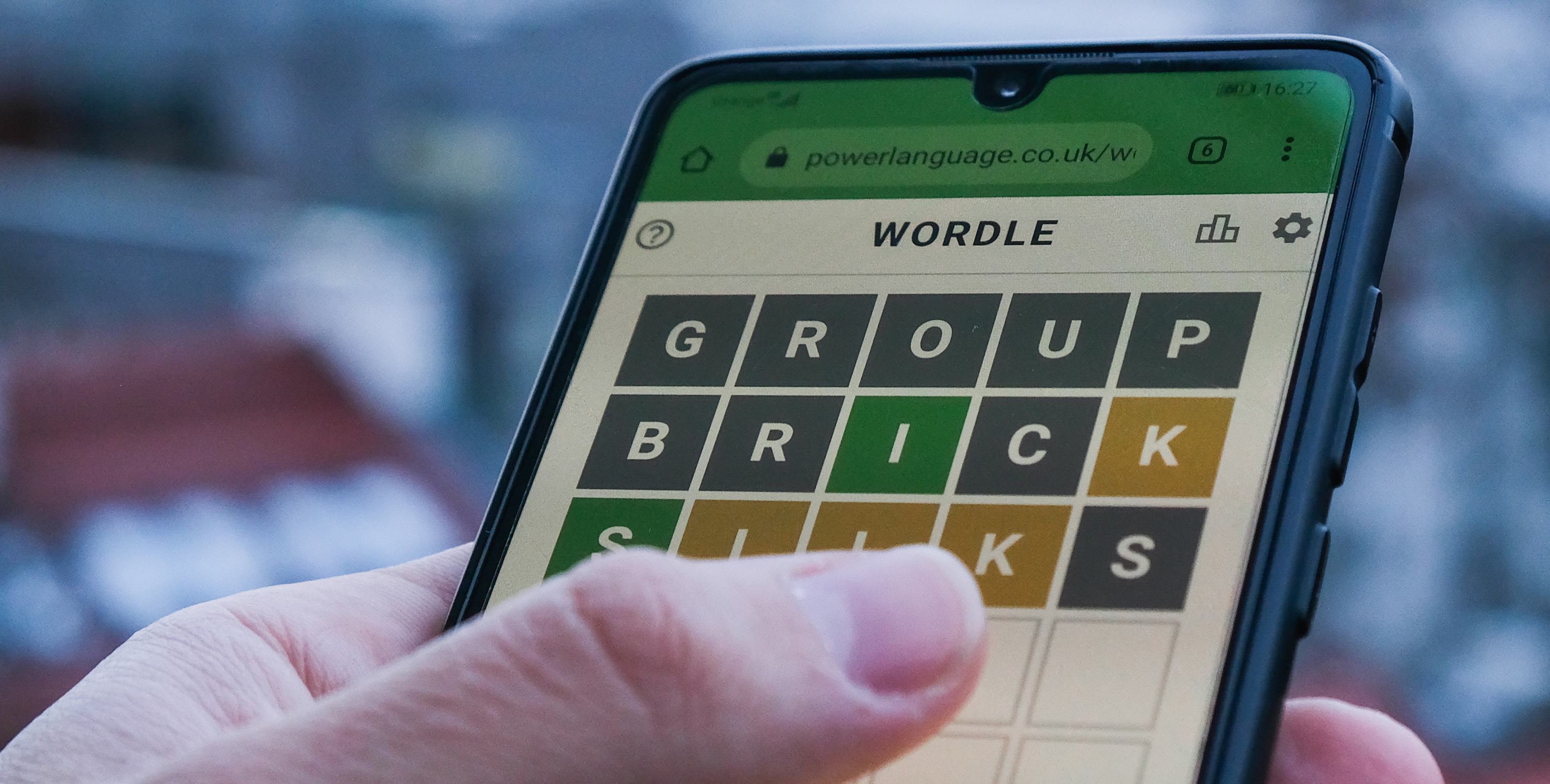Wordle creator says selling to the New York Times was 'a way to walk away'
"I have to remind myself of how I felt around that time, and I felt miserable."

Wordle creator Josh Wardle recently gave a talk at the Game Developers Conference (here's our summary of it) as part of which he discussed the game's wild success and why he felt, in the end, he had to sell it to the New York Times. The NYT acquired Wordle in January for an undisclosed seven-figure sum, and the grey lady now says over 300,000 people play the game daily.

Today's Wordle: Take a hint
Games like Wordle: More daily puzzles
Wordle tips: Don't let it STUMP you
Back in the earlier days of Wordle's phenomenal success, however, it was just creating problems for Wardle. Prime among them was the gold rush: as Wordle became more popular, more clones appeared. We've reported on some of the funny and clever variants of Wordle, but here we're talking about straight-up rip-offs that were pretending to be the real thing and trying to make money off it. This was mainly a problem on mobile and, while Apple and Android were responsive in removing these things, it did look a little like whack-a-mole.
"That isn't money that I would have made, because I said I don't want to make money, but something about [the copies] felt really deeply unpleasant for me," says Wardle (thanks, The Independent). "And so selling to the New York Times was a way for me to walk away from that. I didn't want to be paying a lawyer to issue cease and desists on the game that I'm not making money from."
The situation "felt like it was all going to get really, really complicated in a way that just [made me] pretty stressed out, truthfully." Wardle added he felt "an enormous amount of pressure" to act fast because so many copies were appearing.
"It was clear that this [copying] was going to happen, regardless of whether I wanted it to happen or not. The business side of running a game doesn't interest me at all" said Wardle. "So other people monetising wasn't the reason that I sold to The New York Times, but if I find myself thinking about the what-ifs now... I have to remind myself of how I felt around that time, and I felt miserable."
The grumblings around Wordle's sale to the NYT seem to have mostly died down: in the immediate aftermath of the deal, some were unhappy about the prospect of a nice part of their daily routine being aggressively monetised or even paywalled. But the NYT has handled it with care so far, and it's abundantly clear that Josh Wardle maintaining it in perpetuity simply wasn't an option.
Wardle's entertaining GDC talk was framed around all the things he did that you aren't "meant to" when making and releasing a game. After all, no-one makes a word game expecting it to be a million-dollar smash hit. Wordle breaks a lot of 'rules': playable once per day, a website rather than an app, bad URL, no links in the sharable scorecards, didn't have any interest in monetising it until he was more-or-less forced to get real about how big it was.
The biggest gaming news, reviews and hardware deals
Keep up to date with the most important stories and the best deals, as picked by the PC Gamer team.
If you want to read about the game's beginnings, then there's no better place than the New York Times itself, and Wordle is a Love Story.

Rich is a games journalist with 15 years' experience, beginning his career on Edge magazine before working for a wide range of outlets, including Ars Technica, Eurogamer, GamesRadar+, Gamespot, the Guardian, IGN, the New Statesman, Polygon, and Vice. He was the editor of Kotaku UK, the UK arm of Kotaku, for three years before joining PC Gamer. He is the author of a Brief History of Video Games, a full history of the medium, which the Midwest Book Review described as "[a] must-read for serious minded game historians and curious video game connoisseurs alike."

